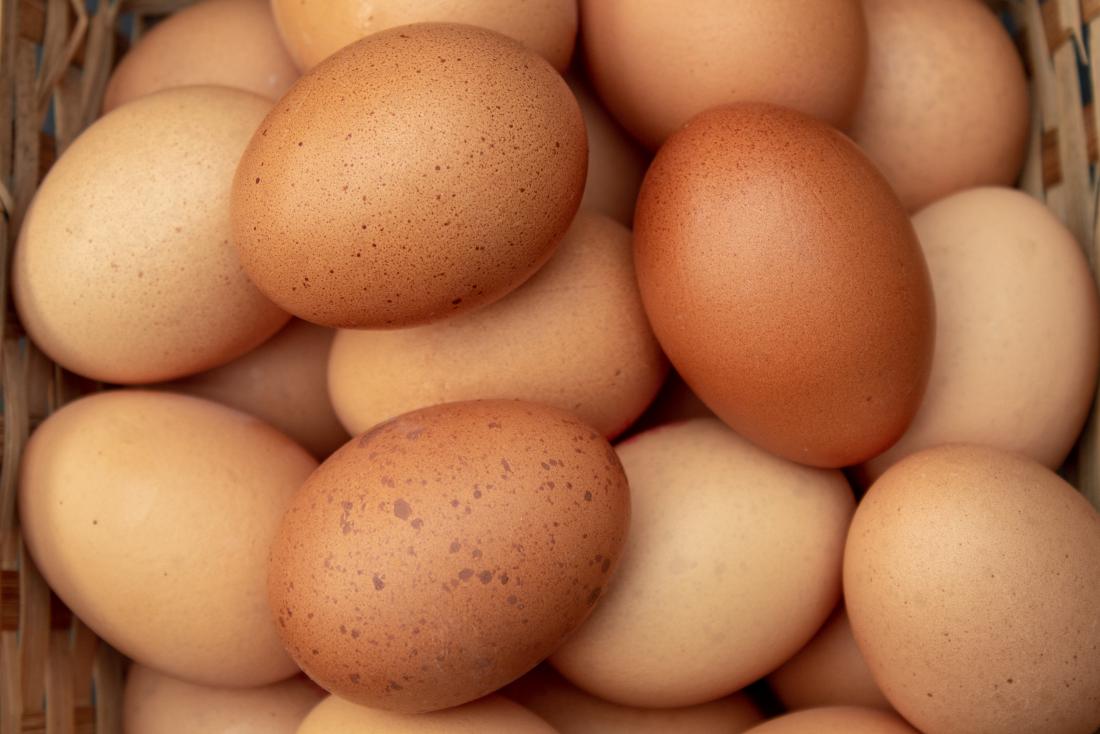A recent report on agriculture and aquaculture says the alarming issue of illegal egg dumping, disguised as in-transit exports, poses a significant risk to local poultry farmers in Namibia.
The report by Simonis Storm Securities says the Oshikango border is the primary hotspot for such illicit trade, adding that this is a serious threat to the livelihoods of domestic poultry farmers.
“Despite Namibia’s self-sufficiency in local egg production, the dumping activities conducted by Zambian farmers continue to undermine the sector’s stability.
“Zambian truck [drivers], arriving for export purposes at the port of Walvis Bay, are illicitly selling eggs within Namibia,” Simonis Storm says.
The report says the Poultry Association of Namibia has urged the government to implement stricter border controls to combat this issue effectively.
However, concrete action has not been taken, leaving local egg producers vulnerable to the risks associated with illegal trade.
The report also highlights the dominant presence of Waldschmidt Eggs in the local poultry industry, estimated to hold approximately 75% of the market share.
“Nevertheless, even with this significant share, the industry faces challenges due to rising production costs, which have surged by 22% over the past year,” Simonis Storm says.
Moreover, the poultry sector faces heightened competition in both the egg and broiler segments. The pandemic has spurred numerous new operations as individuals seek sideline businesses.
This influx of players has exerted downward pressure on prices, affecting overall profitability, the report states.
The report points to the Roots Village development at Stampriet as an example of such emerging competition.
Simonis Storm says concurrently, other players within the industry are exploring diversification strategies.
For instance, Namib Mills is planning to utilise chicken manure from their farms outside Windhoek to fuel a biogas project.
While the short-term outlook for egg production remains relatively flat due to the inability to pass on increased costs to consumers, the urgent need for stricter border controls and sustained efforts to curb illegal egg dumping cannot be overstated.
“Namibian poultry farmers require greater protection and support to safeguard their industry and ensure its continued growth and stability,” the report says.
Read the original article on Namibian.
By Shania Lazarus
